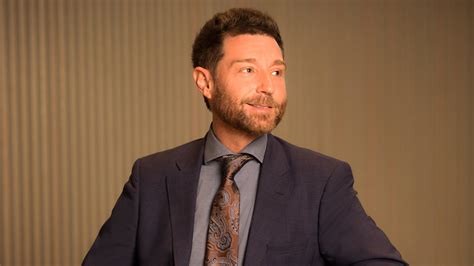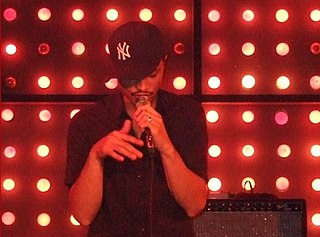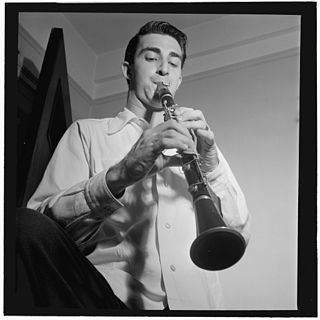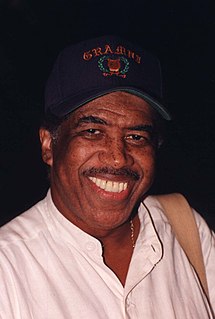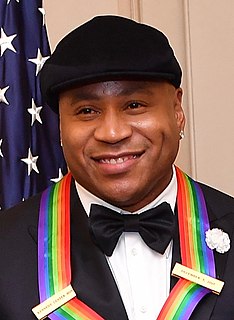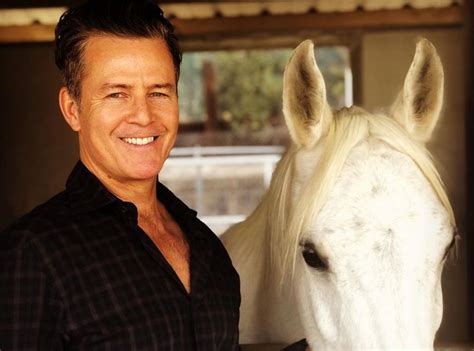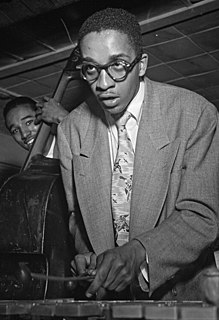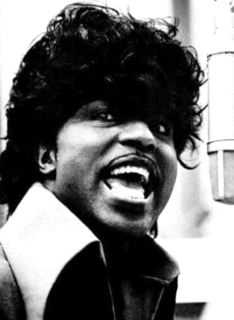A Quote by Jack Kerouac
Bop began with Jazz but one afternoon somewhere on a sidewalk maybe 1939, 1940, Dizzy Gillespie or Charlie Parker or Thelonious Monk was walking past a men's clothing store on 42nd Street or South Main in L.A. and from a loudspeaker they suddenly heard a wild impossible mistake in jazz that could only have been heard inside their own imaginary head, and that is a new art. Bop.
Related Quotes
In New York, I was excited about the music in New York because the only music that I was more or less involved with in the South was either country and western or hillbilly music as we used to call it when I was a kid and, ah, gospel. There was no, there was no in between. And when I got to New York all the other musics that's in the world just came into my head whether it was the classics, jazz, I never knew what jazz was about all, had heard anything about jazz.
All I want to say to people, man, is, "Yo, you see me walking down the street and I got a little bop in my walk, don't think because I've got a bop in my walk I'm trying to be all that. The bop in my walk is because I'm just like you, man. I bop when I walk." Know what I'm saying? I'm proud. If you see me smiling, standing straight up, gold around my neck, it's not because I'm conceited. It's because I'm proud of what I achieved. I made this. I worked hard for this. That's all this is about.
I got into music when I was a little boy. My dad was always into jazz. I got my education from him. The first time I listened to jazz, he gave me a Thelonious Monk record. It was so different from anything I had ever heard. It took me a while to understand it, and I liked that. I liked the fact that it wasn't immediately palatable.



